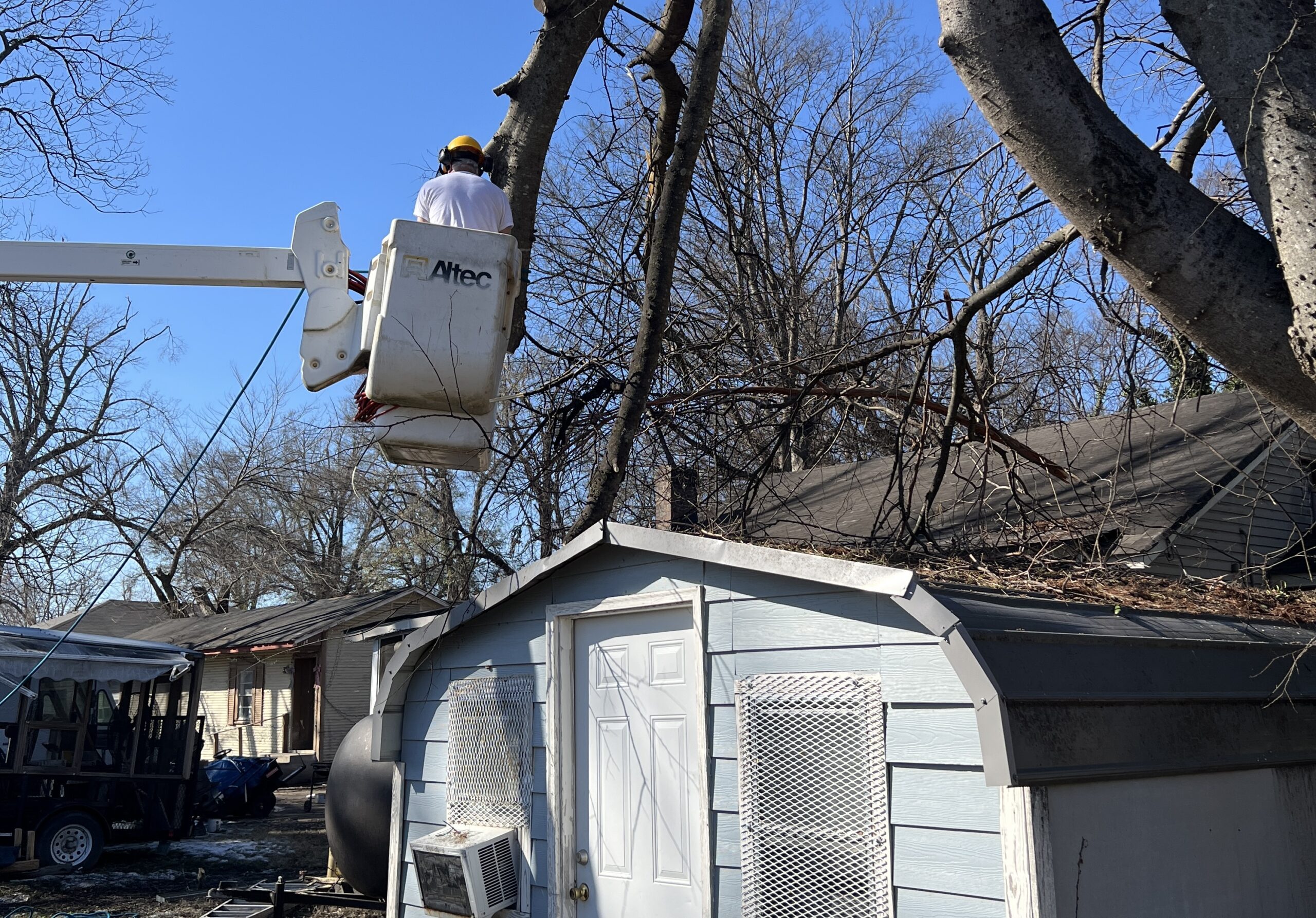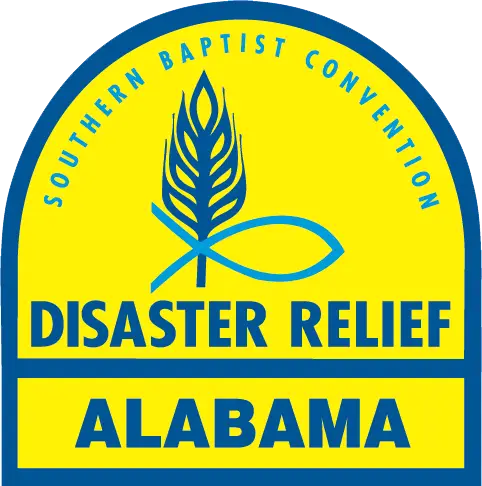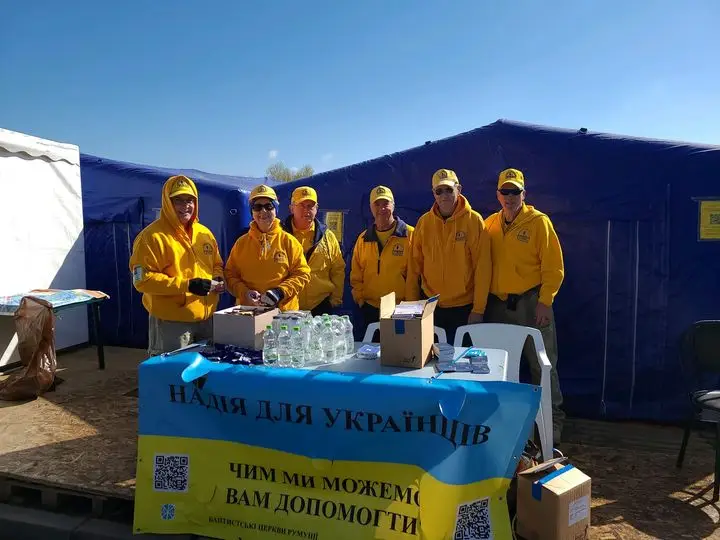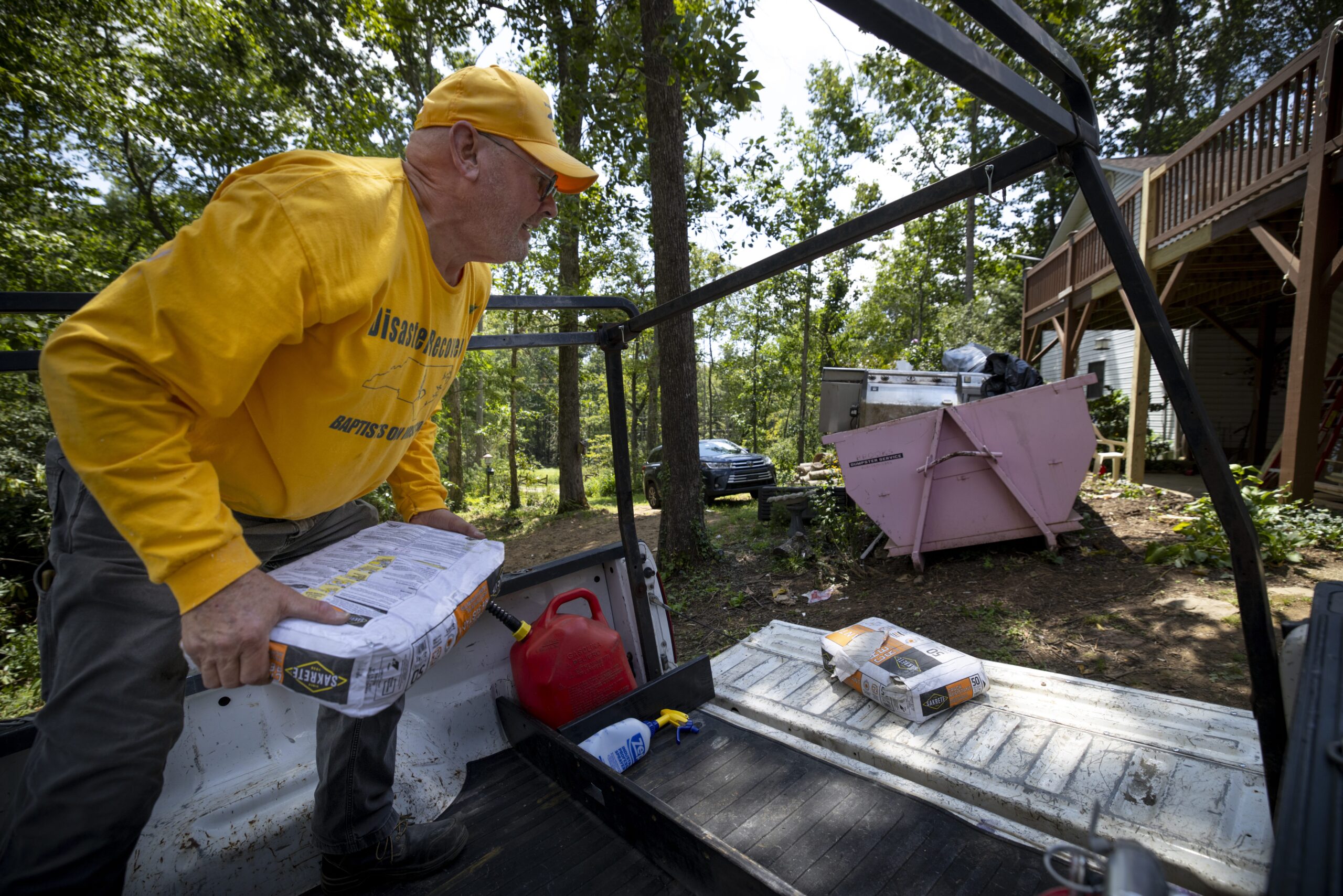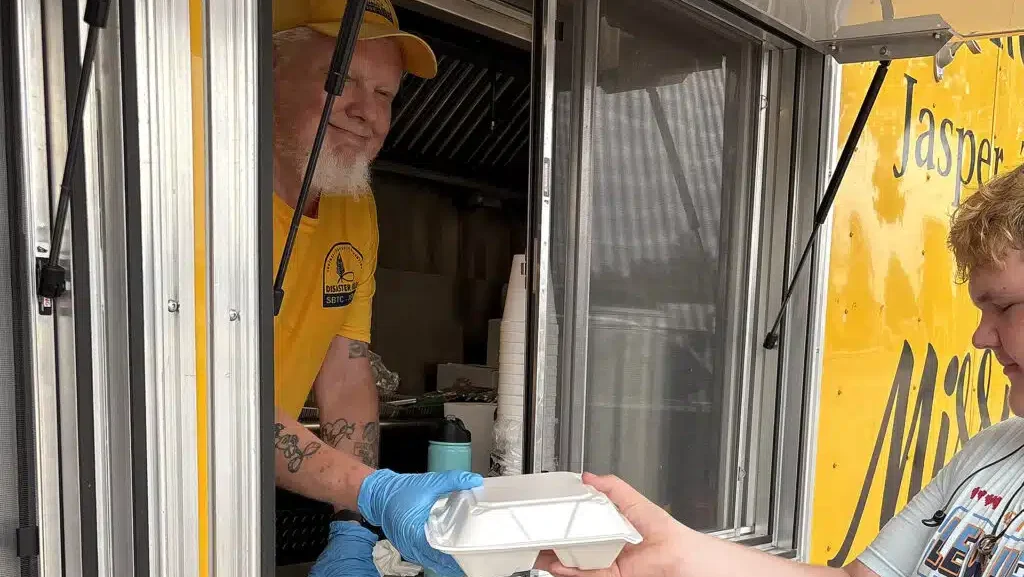When the pastor told David Hendon that the church’s well had run dry, he didn’t understand what they meant at first.
“My dad was a well driller, but the pastor called it a ‘fountain’ instead of a well, so it took me a minute to figure out what he was talking about,” Hendon said.
But he soon would see for himself — the small church near Romania’s border with Ukraine had a well that was bone dry. That’s a problem in normal times, but when you’re housing Ukrainian refugee families it’s a big problem.
“They didn’t have any water for the refugees there, didn’t have any way to flush the toilets or get drinking water,” Hendon said.
Their “well” was dry in other ways, too — the young pastor and his wife had been running themselves ragged feeding the refugee families. They only had enough food for another two days, and the families were planning to stay at least another month.
“They were relying on God to bless, and He had sustained them so far,” said Hendon, who was in Romania on an Alabama Baptist Disaster Relief trip in April.
Thanks to the generosity of Alabama Baptists, he was able to hire an excavator to come in and dig the ditches so the church could be connected to local water and sewer services.
“It’s up and running now,” said Hendon, a member of Northside Baptist Church in Jasper.
He was also able to buy the church enough food to last another week.
“It was pretty exciting to see a direct connect with the generous gifts of Alabama Baptists and where it was going,” he said.
Hendon — along with Mark Wakefield, state disaster relief strategist, and four other teammates — saw this kind of story repeated over and over as they came alongside Romanian churches that were stretching themselves thin to care for Ukrainians fleeing the war in their country.
Wakefield said they were able to help a church camp where the local church members had been cooking meals daily for the refugees staying there. Over three days, disaster relief volunteers prepared between 200 and 300 meals to help give the local cooks a break.
In other churches, Wakefield and his teammates met needs as they came up. At one church, they bought an oven. At another, they bought a wood splitter to enable them to heat the building where refugees were staying.
“Long after we’re gone, the churches are still going to be there,” he said. “The best thing we did while we were there was help the churches help the refugees.”
They were also able to video chat with a group of refugees staying about 30 miles inside the Ukrainian border who had some specific immediate needs. The team collected the needed items and filled a local Romanian church leader’s van with gas, enabling him to carry the load into Ukraine.
And throughout their time there, the team came face to face with the hurting people of Ukraine over and over. They handed out water, juice, snacks and New Testaments at the border to Ukrainian families who were in transit and shared the gospel with them.
Hendon said he met one older woman from the besieged Ukrainian city of Mariupol who had gone to the market and come home to find her house had been destroyed by a bomb.
“She had escaped, but she had nothing,” he said.
And as she finds her way, the team prays for her as they did for the churches they helped and the other refugees they met — that God will continue to meet their needs and open their hearts to know that He is the One who keeps their wells full.
Alabama Baptist Disaster Relief is made possible by gifts of Alabama Baptists through the Cooperative Program and to the Myers-Mallory State Missions Offering. For more information, visit AlabamaCP.org and Myers-Mallory.org.
